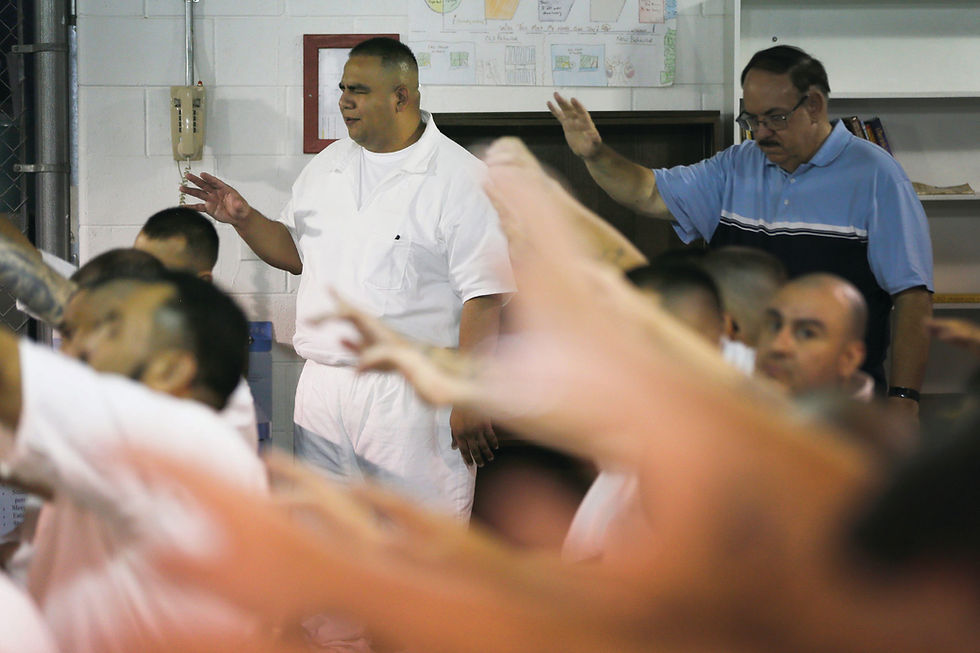Sex Therapy with Christine Wamble
- janesemaricelli
- Mar 1, 2019
- 3 min read
Updated: Oct 17, 2022
You may remember Christine Wamble from her days managing the MOD Coffeehouse by day, while she studying by night. Known for her contagious smile and stone-cold killer humor, Christine broke our hearts by leaving the island to mend hearts in Philadelphia and pursue a career in relationship and sex therapy.
Christine is currently attending Jefferson University there, working on her master’s degree in family therapy with an emphasis on sex therapy. She also works as an intern therapist at Council for Relationships in Philadelphia, where she offers free therapy to immigrant, refugee and homeless populations.
I recently contacted Christine to get her incites on relationships and sex:
Q: What’s the connection between family and sex therapy in your work?
A: I work with individuals, couples, and families around all their concerns. Some may have direct sex-related concerns, while others struggle with trust, vulnerability, depression, not feeling understood or heard by their partner/parent/anyone.I think there is a propensity to separate sexual/romantic relationships as being very different from our other relationships, such as those with our parents and siblings. In my opinion, and a firmly held belief in this field, we view therapy as being systemic: The concept that we all are individual beings operating in our own systems that include our race, culture, gender, socioeconomic status, family of origin, schoolmates, co-workers, hobbies and passions, etc.In this way, if I grew up in a family where my parents argued loudly and then made amends through sex, I will have a different understanding of relationships, conflict management, and sex than someone who grew up with parents who had a more companion-style dynamic that neither argued nor had sex. And so on and so on.
Q: What are some of the most common issues that couples come to a sexual therapist for?
A: Communication issues are the most commonly stated, presenting problems for couples in therapy in general. Communication issues around sexual activity and intercourse are generally issues found in other places in the relationship.
Q: What would be a sign for a couple or individual that they should consider sex therapy with a counselor such as yourself?
A: Obviously, I think therapy of any kind is helpful. But in the specific case for sex therapy, I again think anyone can benefit.
People who have been sexually assaulted or raped can have a place to process their trauma and work through the ways their experience impacted their relationship with sex, their body, trust/mistrust of others, feelings of safety/danger, or shame/guilt.
People who have questions or concerns about body image, aging, orgasm absence/increase/decrease, sexual fantasies, kink integration and processing, intimacy concerns, marital or relationship breakups/divorce, dating patterns, deciding to have children or not, change in sex after children, open relationships, gender and sexual orientation and concerns … I could go on and on.I would say that seeing a therapist is a personal choice and can be as long or short of a term of an investment as desired. Some clients may stay in therapy for years, but many will go to therapy for a few months to learn more about or explore a specific topic.
Q: Do you notice a difference in the types of relationships people have in Galveston versus Philadelphia?
A: Hmm, that’s a tough question. I would say I’ve observed more polyamorous relationships in Philadelphia, as well as couples who have more gender and sexual orientation variance.
Q: What is the No. 1 lesson that your work taught you about sex and relationships?

A: We all just want to be understood, accepted, and have our feelings and experiences validated.

.png)




Comments